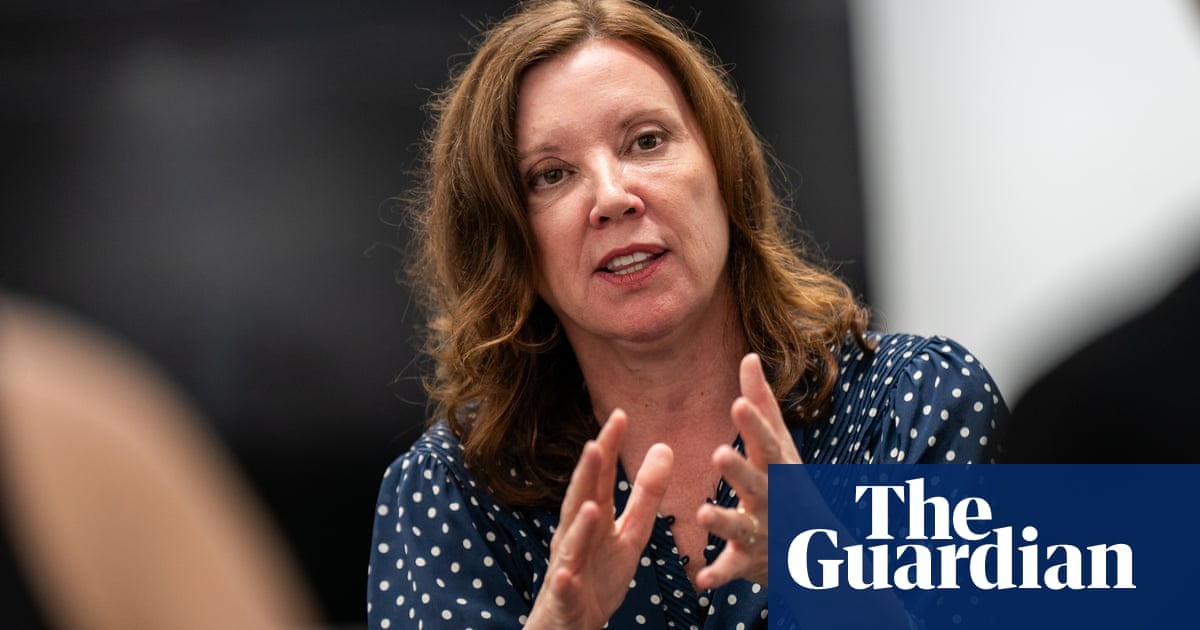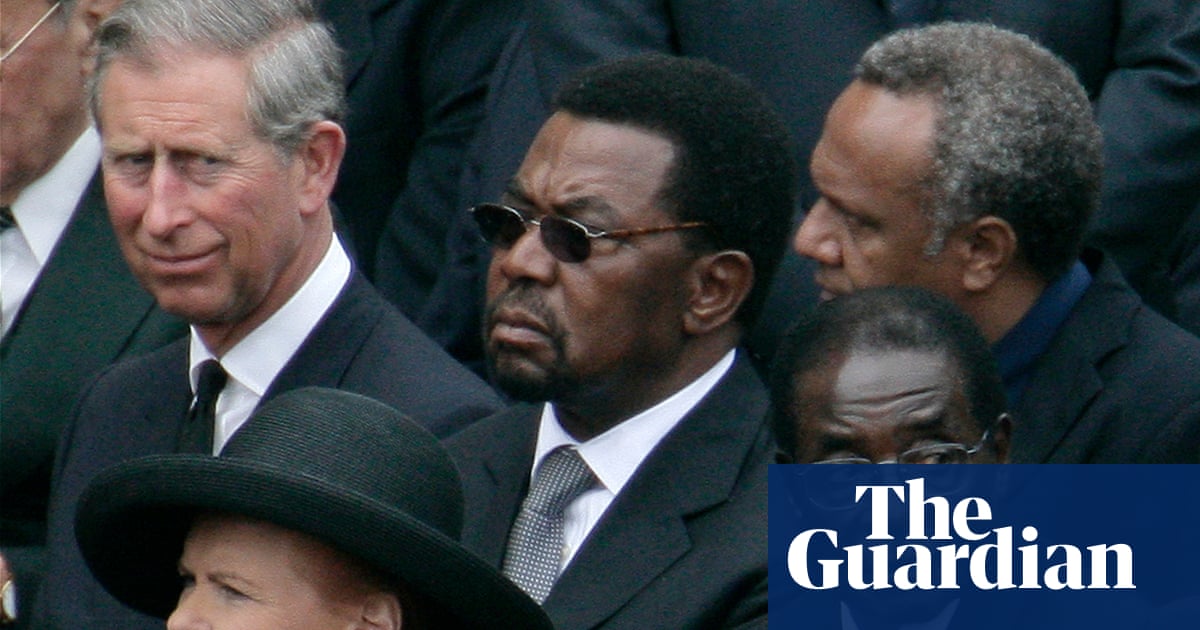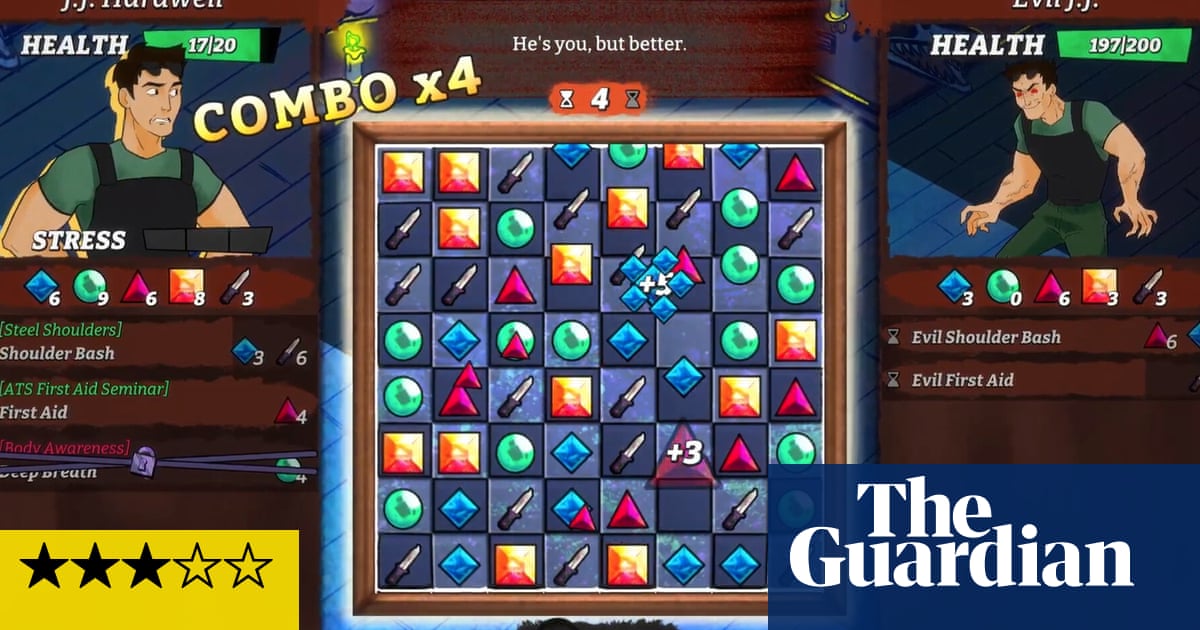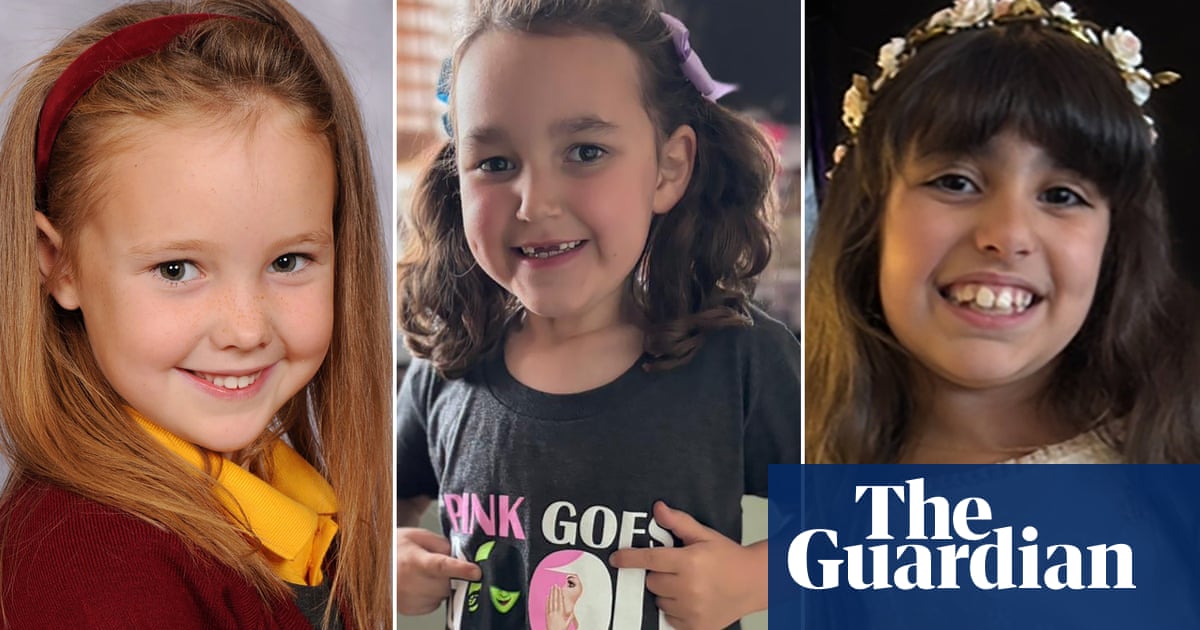It was the worst mass shooting in Swedish history. Ten people were shot dead and many more wounded before the gunman shot himself. A week on from the atrocity in Örebro, about 125 miles west of Stockholm, Sweden is soul-searching for answers that are not easy to find.
The suspect, a 35-year-old white man, was initially described by authorities as “a lone wolf”. He may or may not have had an ideological motive.
But we now also know that most of those killed had an immigrant background. And it is hard to believe that the target of this violence was not political: Campus Risbergska, where the shooting took place, is an education centre for adults, many of whom were enrolled on a language programme called “Swedish for immigrants”. The centre is a remnant of the once vast nationwide public network of well-funded institutions for continuing education and after-school programmes to help recently arrived people to assimilate.
Local people describe the centre as a warm and welcoming place for people who did not always feel an immediate sense of belonging in Örebro. The young poet Aya Kanbar took classes there, and after the massacre, she recalled the institution in a moving article, calling it a haven for immigrants.
“These were people who had immigrated from all corners of the world, and it was so nice to witness the sense of community among them. How the language brought them together – their Swedish, still in its embryonic stage. Their desire to belong to a society that is so often described as cold and alienating.” Now, she wrote, it is a place of “bottomless sorrow”.
So far, we have no evidence that the Örebro killer explicitly targeted immigrants. In the immediate aftermath, the police sent out a statement claiming that nothing pointed to this. They said everything suggested he was a non-ideological killer.
This drew heavy criticism from across the political spectrum – from leftwing columnists to conservative editorial writers. It would have been more honest of the police to say they simply didn’t know, and it is hardly far-fetched for experts on mass shootings to point out that many similar events have been committed by white supremacists – even when they were erroneously described as lone wolves initially.
The news channel TV4 obtained a recording, allegedly from the scene, in which a man’s voice is heard shouting: “You should be gone from Europe”, seconds before shooting starts. We don’t know whether the voice is that of the killer. What we do know is that the massacre has left many immigrant communities in Sweden feeling terrified and vulnerable.
Sweden has many other schools and education centres where young immigrants still get a chance to learn Swedish. Many of these students say they are too afraid to return to class. The question must now be asked, is anyone in elected office willing to openly address migrants’ fears?
In one generation, Sweden has changed into a polyglot and cosmopolitan country, as ethnically diverse as the UK. In the same four decades, roughly encompassing my lifetime, we have also seen a terrifying wave of white supremacist violence, racist mass shootings and serial killers, often targeting immigrants.
But over the past 10 years, the ruling conservatives (the Moderate party) and the centre-left opposition have mostly avoided saying anything that might be perceived as accommodating to, let alone in defence of, migrant communities. Instead, they have gradually embraced a more combative rhetoric, linking immigration to crime and gang violence. Just three days before the massacre in Örebro, the conservative prime minister, Ulf Kristersson, went on TV to explicitly blame crime rates on migrants.
The centre-left opposition, so eager to win back voters from the far right, tends to run from any opportunity to call out racism or protect migrants, in order to avoid being attacked as “naive” by nationalists. A rising star of the centre-left Social Democrats, Lawen Redar, recently joked that she was “the opposite of woke”.
Meanwhile, the rightwing nationalist Sweden Democrats tried to fit the massacre in Örebro into an existing narrative of chaos and crime enveloping the entire country, as though immigrants were somehow culpable, even when they were the victims.
The governing coalition, which relies on the support of the far right, focused its immediate response on gun laws and restricting access to semi-automatic weapons.
Sweden, it seems, has no vocabulary to talk about its problem with xenophobia, or the racist violence that often follows it. Instead, there is a deep bipartisan consensus that migrants are the problem, and that previous immigration policy was too generous. When Magdalena Andersson, the former Social Democrat prime minister, visited Örebro after the massacre, a woman came up to her and pleaded: “Can you please say something nice about immigrants now?” Other survivors of the attack, and relatives of the victims, have told Swedish media that they have long felt like “moving targets” in an increasingly hostile and xenophobic country.
The prime minister, probably responding to public pressure, addressed the nation in a televised speech on Sunday, in which he pleaded for unity: “At the end of the day, there’s only one Sweden. Not us and them. Not young or old. Not born here or abroad. Not city or country. Not right or left.” It was a significant shift in tone but, for many foreign-born citizens, it was too little, too late.
When a far-right extremist killed 77 people in Norway in 2011, 69 of whom were at a Norwegian Labour party youth camp in Utøya, many in the Swedish media quoted experts on terrorism, who confidently proclaimed that this must have been committed by Islamist extremists. One survivor, the leftwing politician Ali Esbati, now tells the Swedish newspaper Aftonbladet that this follows a disturbing pattern, where acts committed by white supremacists are “individualised”, whereas violent acts committed by racialised minorities lead to blanket blame of the entire group.
One of the cruellest aspects of racism is precisely the way in which it turns victims into perpetrators. When refugees from Syria or Sudan escape war or violent terrorism, they arrive in countries where too many associate them with the very violence that they have fled. It is as though they have to carry the burden of the perpetrator’s crimes, as well as the trauma of survival.
The massacre in Örebro led to predictable calls for unity and solidarity in Sweden, but something more than that might be required. For everyone in Sweden to feel safe and harmonious, the dehumanisation of immigrants as a group must also stop.
-
Martin Gelin writes for the Swedish newspaper Dagens Nyheter

.png) 2 months ago
27
2 months ago
27













































